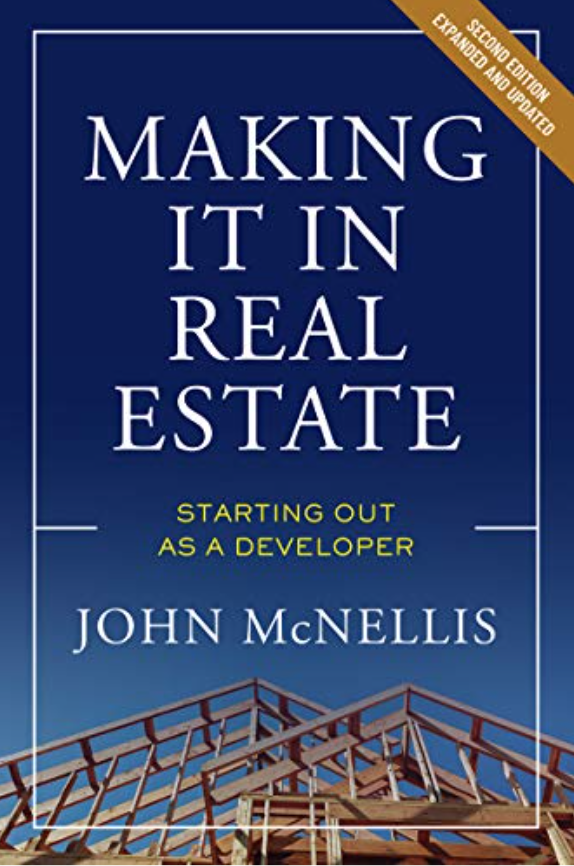If you’re a nostalgia fan, nail a selfie in front of a Yellow Cab because in a few years the only place you’ll find one is Guatemala City. I took Uber to SFO this week. Including the tip, it cost $41. The driver, a young Korean woman studying at [San Francisco] State, spoke excellent English and her car was in good shape. Returning two days later, I took a Yellow Cab home. It cost $80 without a tip. A recent immigrant from Africa, the cabbie spoke English that was superior to my Swahili but still required my occasional hand gesture to navigate the way home. And his cab was tired, its sprung-suspension aching over every bump in the road. I gave this driver two tips: $20 and the advice to get another job.
Taxis are the Tupac of business.
The difference between my two rides was that between surgery with and without anesthesia.
I have seen businesses die slowly—retail’s cancer ward is full of patients that hang on so long you thought they died years ago (e.g. Kmart)—but I’ve never before witnessed a drive-by shooting. Taxis are the Tupac of business.
Rather than mourn the taxi’s demise, most of us will rejoice. We have all suffered from its inefficient and too-often corrupt system; rather than send us the closest driver, the dispatcher anoints the one from whom he receives the biggest kickback. While awaiting our airport taxi, we have all slowly dissolved our stomach lining while desperately calculating and recalculating the minimum number of minutes—as they dwindle away—that we need for the ride, the security shuffle and the stumble to the gate.
That is the past. Uber, Lyft and the like are the future.
Unfortunately, this giant leap forward for consumers is once again on the backs of labor. Once more, a handful of individuals will become breathtakingly wealthy by combining a simple idea with the systemic underpayment of thousands of employees. Matching drivers and riders through the crowdsourcing power of the net is a simple idea, but brilliant in its simplicity. Taking 20 percent off the top of every fare is another simple idea, brilliant in its ruthlessness. Uber takes 20 percent of the gross, regardless of the driver’s time or expense, whether she drives ten hours to get one ride or one hour for ten. 20 percent win, lose or draw—Vegas must be envious.
My driver told me that—just like sharks—Uber drivers must move or die. It’s already far too competitive for them to sit in one spot and read a book; if they do, they are outmaneuvered by hungrier drivers. Take the .55 cents a mile for gas, oil and depreciation that it costs to run a car (per the IRS) and then add all the parking charges and tolls Uber drivers pay, and then ask yourself how many miles of slowly circling does it take before their net income circles the drain.
If Wal-Mart were to suggest that it pocket 20 percent of its gross income before having to pay its employees, its senior management would be jailed and Arkansas torched.
It doesn’t have to be this way—business models can be changed. Uber could rework its deal with its drivers; it could take an even higher percentage—say 50 percent—but make it of the net fare, take its share only after its drivers cover their expenses and a decent hourly wage. Say $15 an hour. In other words, let the drivers actually take home a fraction of the $90,000 gross that Uber touts in its ads for new drivers. (You would net about $30,000 a year if you worked full-time for 48 weeks at $15 an hour).
Could paying a living wage be a marketing ploy? Would consumers flock to a company that delivers a decent income to its employees? Unlikely in the case of a Wal-Mart or a Dollar Tree because their customers can’t afford to care—they’re struggling to clamber into the lifeboat themselves. But cab riders are in a vastly different economic class—the one that boycotted tuna to save dolphins, the one that wouldn’t dream of eating veal because of the way calves are raised. “Save America’s endangered species—the middle class—go Uber.”
Highly unlikely, but it might work.
Or it might at least help the Ubermen slide into heaven. Driven entrepreneurs are seldom great students of history—the world might be a better place if they were. For it would take the greatest historian ever to find a single example of a rich man who was revered by anyone—save perhaps MBA students—solely because of his ability to pile up wealth.


